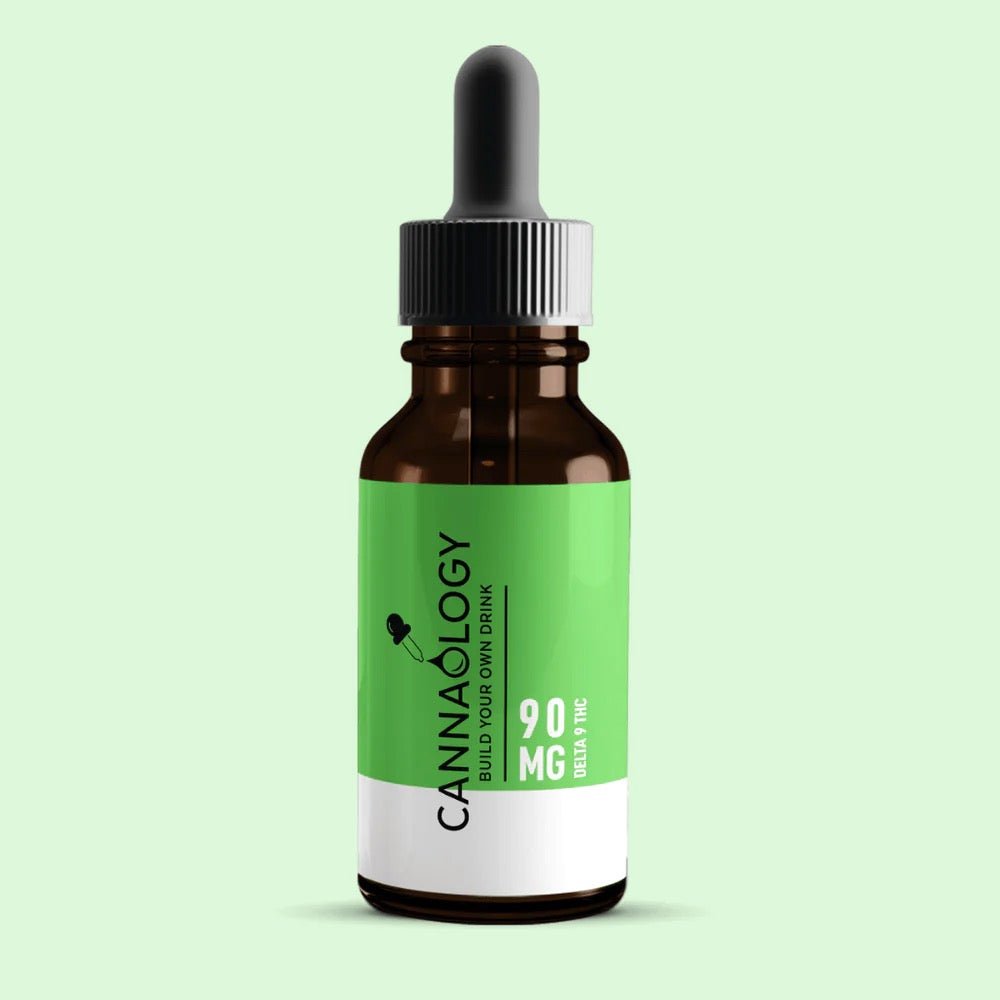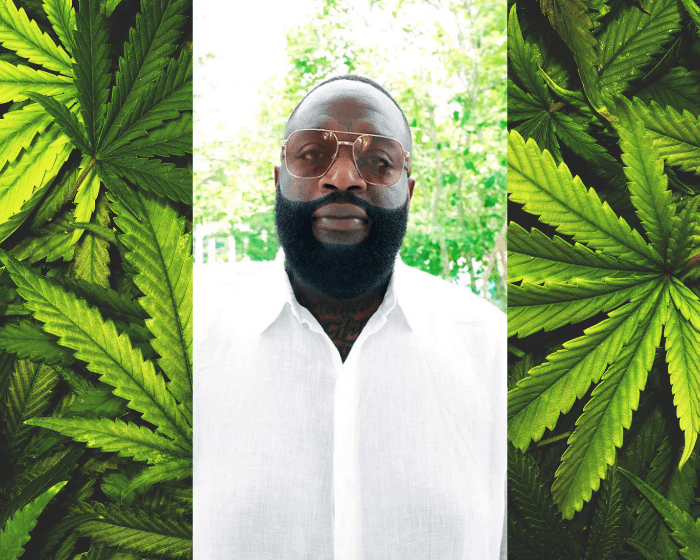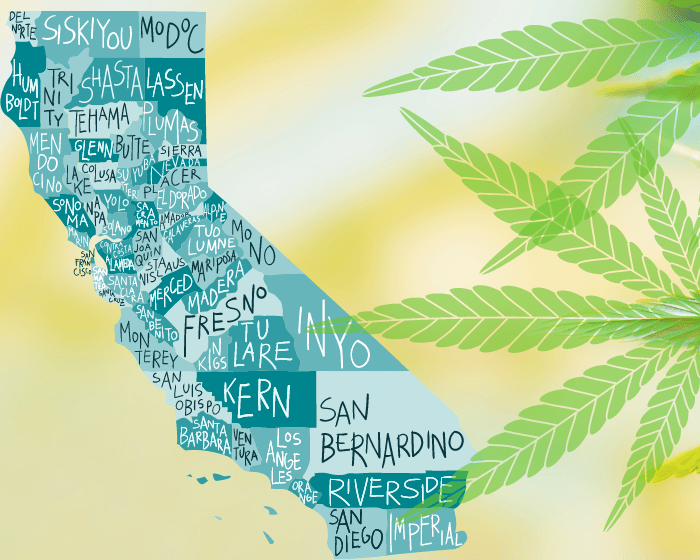
In South Carolina, there may be no need for lawmakers to ban delta-8 THC, according to the state attorney general’s office. In a recent opinion, the assistant AG wrote that courts would likely back law enforcement in finding THC derivatives illegal.
Law Enforcement Poses Question
The question of delta-8’s legality was posed by the chief of the South Carolina Law Enforcement Division (SLED), Mark Keel. The issue has immediate relevance, as police in the state have already seized delta-8 products from at least one vape shop.
“SLED is informed and believes that any and all THC that is not ‘a delta-9 THC concentration of not more than 0.3 percent on a dry weight basis’ is specifically prohibited by the clear and unambiguous language of S.C. Code," Keel wrote to the AG's office. "To that end, SLED is informed and believes that this unambiguous language would clearly criminalize the possession, possession with intent to distribute, or distribution of any and all amounts of delta-8 THC, or any other variant of THC, found in South Carolina.”
Keel added in his conclusion, “SLED is informed and believes that the Hemp Farming Act does not apply to delta-8 THC, or any other THC variant, in any way whatsoever because delta-8 THC does not meet the ‘federally defined THC level for hemp.’ It also bears noting that tetrahydrocannabinols are also Schedule I substances prohibited by federal law.”
“SLED is informed and believes that the Hemp Farming Act does not apply to delta-8 THC, or any other THC variant, in any way whatsoever because delta-8 THC does not meet the ‘federally defined THC level for hemp.’”
— Chief Mark Keel, South Carolina Law Enforcement Division
Attorney General’s Office Responds
In his October 4 response, Assistant Attorney General David Jones agreed with Keel’s assertion that state law prohibits both marijuana and THC “unless specifically excepted,” such as allowing trace amounts of delta-9 THC in hemp products.
The opinion is not binding, and Jones did included a couple of caveats. First, he cited an earlier opinion from the AG’s office that said any determination of whether state law had been violated would have to be made on a case-by-case basis by law enforcement and local prosecutors.
He also said the AG’s office had reviewed a memo from “a representative of the hemp industry” positing that delta-8 and other THC isomers were legalized with the Hemp Farming Act. This argument stems from delta-9 being named in the law, which was passed after laws that listed all THC on Schedule I, and is more specific.
Jones said the AG’s office believes a court would reject those arguments, but “these are arguments that a serious stakeholder can make in good faith, as a result of some gaps in the Hemp Farming Act. They highlight the persisting need for legislative clarification … .”
“These are arguments that a serious stakeholder can make in good faith, as a result of some gaps in the Hemp Farming Act. They highlight the persisting need for legislative clarification.”
— Assistant Attorney General David Jones
Ultimately, though, the AG’s office took the straight and narrow.
“The basic purpose of the Hemp Farming Act is to create a legal framework for the licensed, regulated production of industrial hemp as defined, and it must be construed consistent with that purpose,” Jones wrote.
In his conclusion he added, “we believe a court would hold that the Hemp Farming Act does not provide an exception for, and does not legalize, delta 8 THC or any other isomer of THC in itself. […] The plain text of the Hemp Farming Act and section 44-53-190(D) each operate in tandem to create a narrow exception for lawful hemp as defined, while preserving the existing prohibition on other isomers of THC.”
For now, it’s probably wise to steer clear of delta-8 in the Palmetto State.
This story was first reported by Law 360.







































